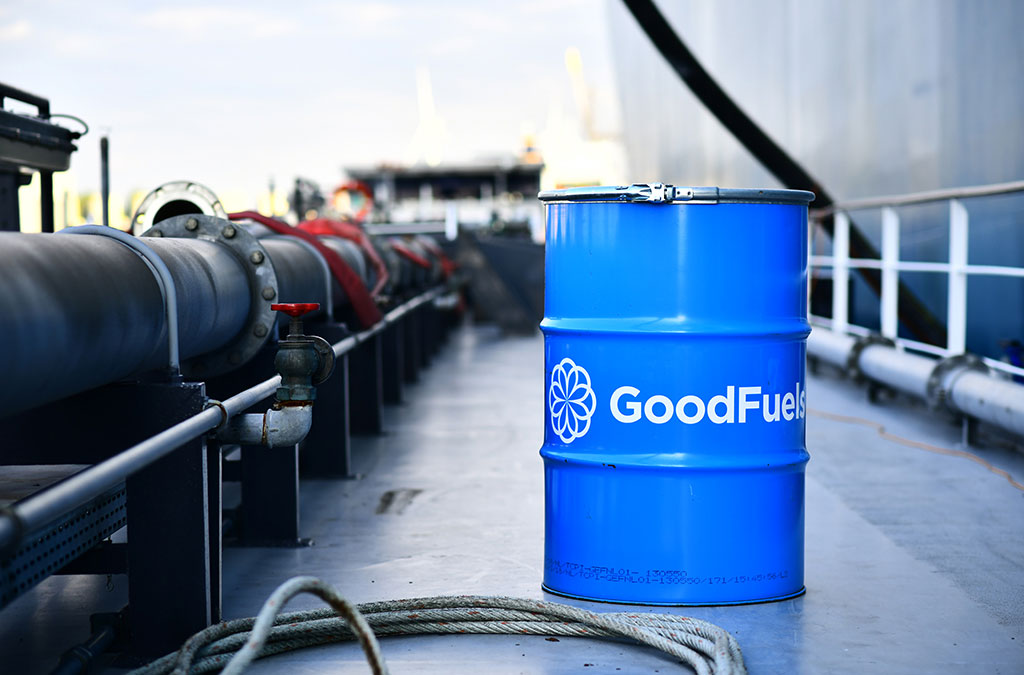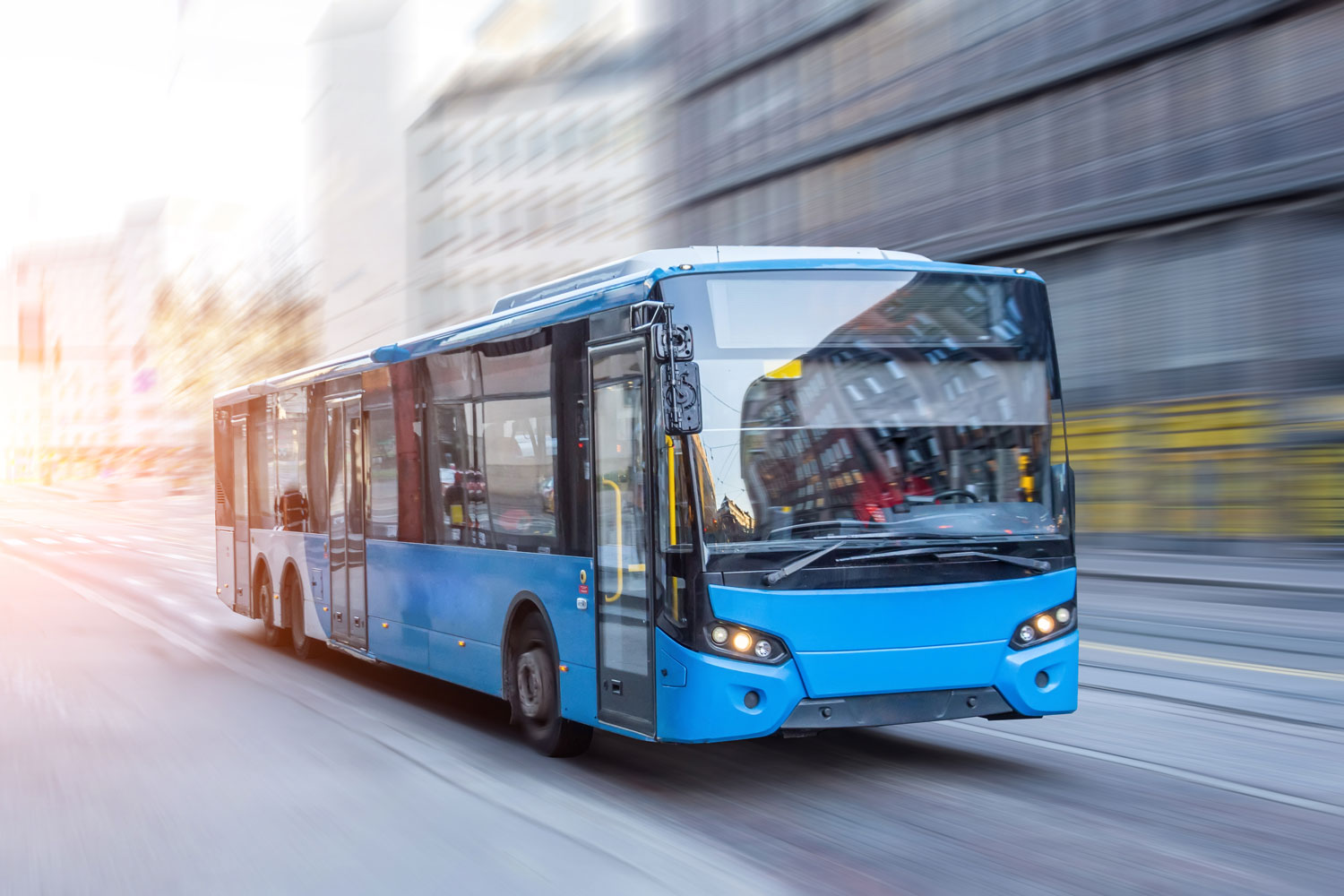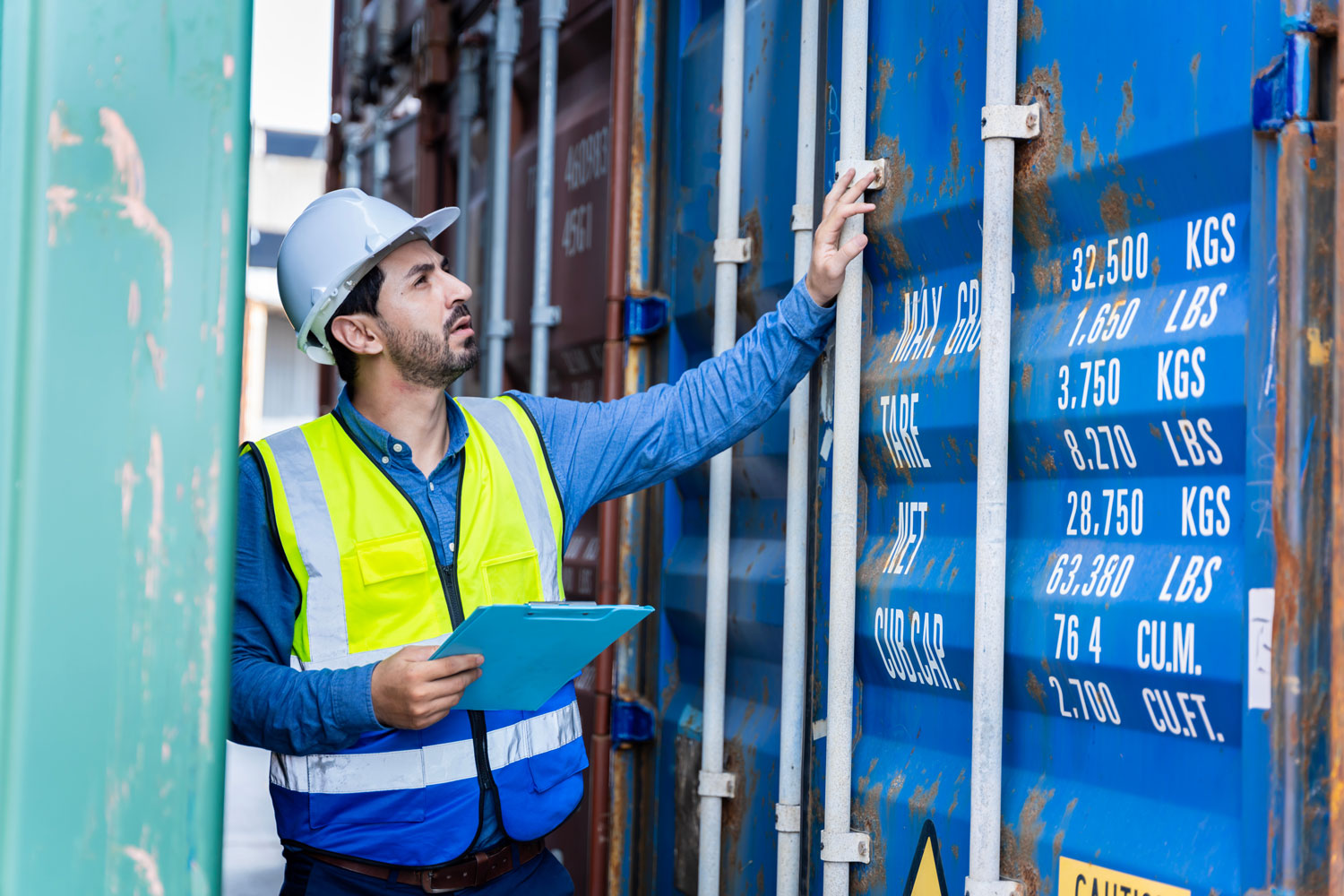

MEPC 80 has brought forth promising regulatory updates to benefit marine decarbonisation trajectories. How will the newly introduced measures affect the adoption of Sustainable Marine Fuels (SMF)? Let's find out!
This month's MEPC gathering proved to be an eventful one indeed, with several interesting outcomes on the topic of marine decarbonisation. The ambition to strive for net-zero GHG emissions in 2050 is a welcome, overarching result, promising to help accelerate our common goal: decarbonisation of global shipping.
With this shared objective in mind, let's quickly go over what regulatory updates were announced and then dive into its possible implications for shipowners.
Adoption of revised GHG Strategy
• Net-zero GHG emissions “in or around 2050” compared to 2008 levels
• Reduce GHG emissions on a well-to-wake basis, as addressed in the new LCA Guidelines
• Indicative checkpoints to reach net-zero GHG emissions from international shipping of 20% striving for 30% by 2030, and 70% striving for 80% by 2040, compared to 2008.
• Carbon intensity reduction of 40% by 2030.
• Low-carbon and zero-carbon fuels/energy source uptake for international shipping to be at least 5%, striving for 10% by 2030.
Measures to be developed
To this end, IMO’s GHG Strategy sets out two types of measures which will be developed:
1. A technical element, namely a goal-based marine fuel standard regulating the phased reduction of the marine fuel's GHG intensity; and
2. An economic element based on a maritime GHG emissions pricing mechanism
For the marine fuel standard, we expect to see something very similar to the Fuel EU Maritime regulation (effective in the EU per 2025). Within IMO, there is broad support for such a measure. For the emissions pricing mechanism, it remains a little more vague, as different proposals are on the table. For example, it is still unclear if the mechanism will come in the form of tradeable allowances (like the EU ETS (Emissions Trading System), effective in 2024) or more in the form of a ‘carbon levy’.
The expected timeline for these measures is currently that they will be introduced in 2025 and will enter into force already than 2027.
Lifecycle Assessment Guidelines
The very good news is that during MEPC 80, the IMO adopted new LCA Guidelines. Most importantly, these Guidelines confirm the use of a well-to-wake calculation of GHG emission factors of different fuels, which provides a clear and uniform standard going forward. Having a clear and defined method of measuring helps shipowners in making fair comparisons in choosing the most suitable green fuel for their fleet. It will help stakeholders collaborate and clear the way for longer-term emissions reduction strategies to be formed.
Accordingly, the LCA Guidelines include:
• Methods for calculating WTW and TTW GHG emissions – expressed in grams of CO2e/MJ
• Considerations around sustainability
• Definition of a Fuel Lifecycle Label (FLL) that specifies the info relevant for lifecycle assessment
• Preliminary default emissions factors for various fuels and fuel pathways
The LCA Guidelines are now adopted but will be further developed and finetuned in the coming years.
Also, important to note that the LCA Guidelines do not yet apply to calculating the influence of biofuel use on a ship's score on IMO’s CII (Carbon Intensity Indicator). The two regulations will, however, be connected from 2026 (when CII will be revised). However, as the IMO felt the need for providing clarity on the effect of biofuels on CII scores, it was agreed that interim guidance would apply in the meantime.
Interim guidance on the use of biofuels under DCS and CII
Biofuels can use a CO2 conversion factor equal to the WTW GHG emissions factor if they:
• Are certified by an international certification scheme (i.e. ISCC or RSB);
• Meet their sustainability criteria;
• Provide WTW GHG emissions reduction of at least 65% compared to fossil MGO (of 94 gCO2e/MJ); and
• Have a Proof of Sustainability (PoS) or similar documentation from a recognized scheme, to be provided along with the BDN
This interim guidance will have effect on 1 October 2023.
At GoodFuels, we support this interim solution while we await the definitive application of the LCA Guidelines under CII. This allows the shipping sector to take immediate measures to decarbonize its business. Furthermore, as a matter of principle, the use of GoodFuels' sustainable biofuels ensures a minimum GHG emissions reduction of 75% (typically being even 83% or higher), which will allow our customers to achieve even steeper improvement of their CII score.
Following our strict sustainability criteria, shipowners are also ensured that all feedstocks we use for their biofuels are certified as waste or residue. With no land-use issues and no competition with food production, sailing on sustainable biofuels means you are truly contributing to a better world.
Other updates
Onboard carbon capture as a method of marine decarbonisation was briefly discussed, but nothing was decided. The topic was postponed until the next MEPC agenda. MEPC 81 will take place in April 2024. Amendments to IMO DCS are expected in 2026. The following additional data elements are expected to be added, fuel consumption per fuel type and energy consumer and transport work, and accessibility to data. EEDI and EEXI guidelines have also been updated.
Depending on your company's area of activity, these regulatory updates will most likely have an impact on your operations. If you need support in developing alternative fuel strategies or simply in deciding what decarbonisation tactics reduce most GHG emissions for every dollar or euro spent, feel free to reach out to one of our sustainable marine fuel specialists.
And if you find this update helpful, sign up for our Sustainable Marine Fuel News to receive updates on decarbonisation regulations, new fuel technologies and sustainability.






